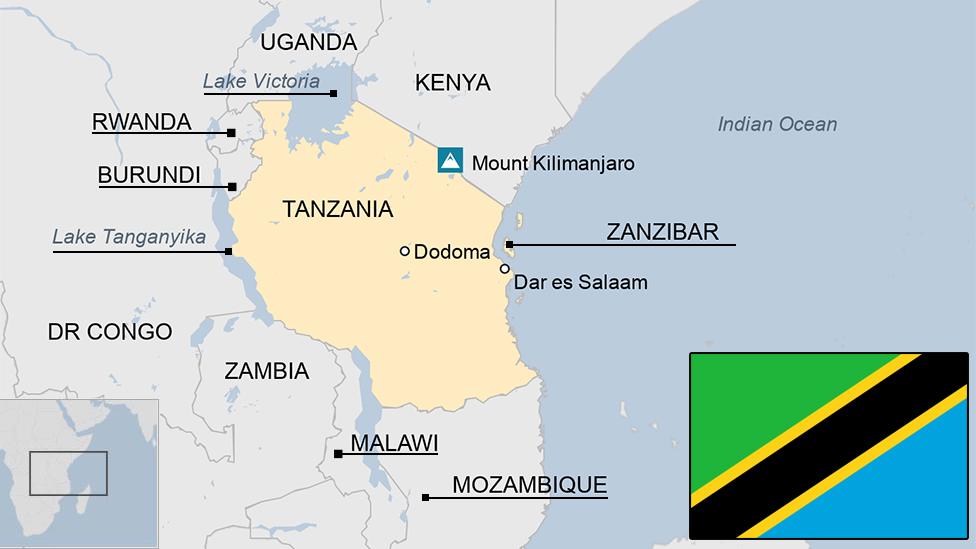Executed Tanzanian hero's grandson takes DNA test to find lost skull
- Published
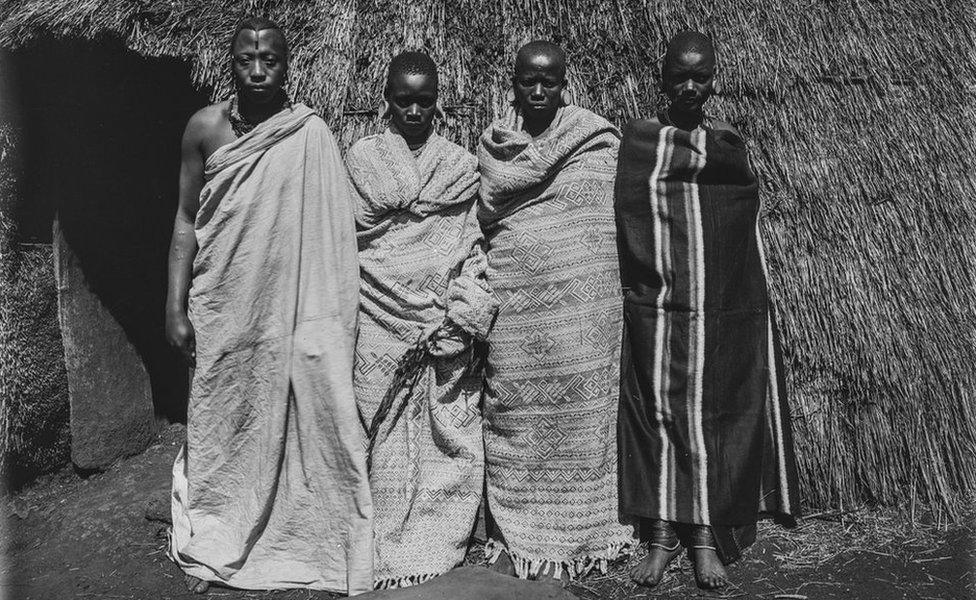
Mangi Meli (L) pictured here with his wives was executed by the German colonial administration in 1900
The grandson of a Tanzanian chief whose skull, now lost, was sent to Germany after he was executed in 1900 has taken a DNA test to help find it.
Mangi Meli was hanged for his role in a rebellion against German colonialists and his body was then decapitated.
The skull could be one of thousands in a museum collection in Berlin.
Activists want it to be returned to Moshi, northern Tanzania, so that he can receive a proper burial and the people can welcome home a hero.
Isaria Meli, Mangi Meli's 87-year-old grandson, has demanded that the German and Tanzanian governments work together to get the skull sent back.
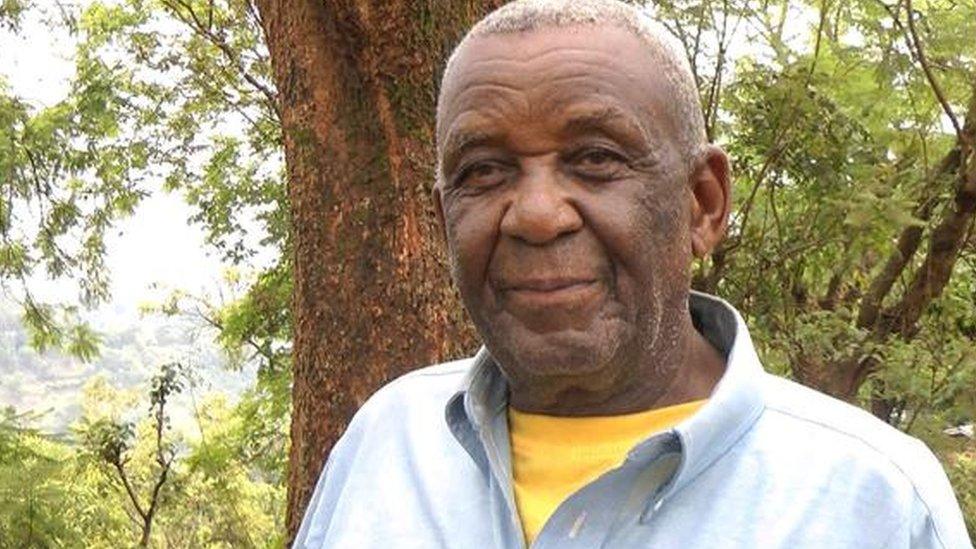
Isaria Meli, 87, hopes that he will live long enough to see the skull returned
He took the DNA test in Berlin after being invited by the Prussian Cultural Heritage Foundation (known by its German initials SPK), which is looking after the archive of human remains.
The SPK has indentified six skulls that could be from Moshi and date from the time the chief was killed. They all have the inscription "Dschagga/Wadschagga", referring to the German spellings of Mangi Meli's ethnic group, the SPK says.
Researchers will see if there is a DNA match and the SPK expects a result in the first half of next year.
Unravelling a mystery
At the beginning of the last century, thousands of skulls were sent to Germany from its empire, which included present-day Tanzania, to help in now discredited research into racial classification.
After passing through several hands, the collection of 5,500 skulls, which includes 200 human remains from what is now Tanzania, ended up with the SPK in 2011.
The organisation is now investigating the exact origin of the remains.
The question of what happened to Mangi Meli's skull is a mystery.
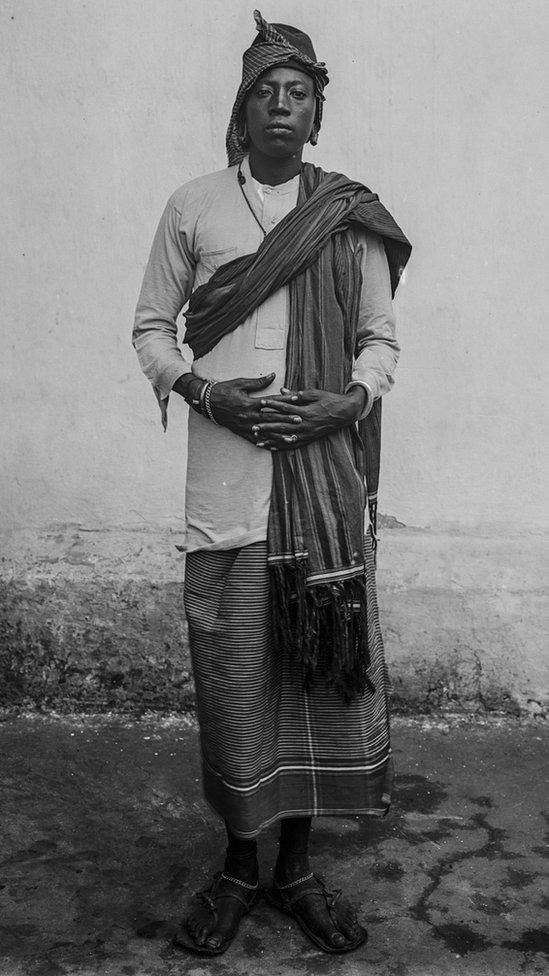
Mangi Meli was hailed as a hero for his rebellion against German rule

In addition to his grandson, Tanzanian Mnyaka Sururu Mboro has been trying to locate it for the last 40 years.
He said it is important "to bring the remains back to the people who are still suffering from the loss".
But campaigners are trying to dampen down expectations about the possible success of the DNA test.
The six skulls to be tested are ones that were sent to Germany by Lt Col Moritz Merker who was second in command at the military post in Moshi at the time of Mangi Meli's execution, activist Konradin Kunze told the BBC.
But Col Merker never identified a skull as belonging to the chief in his records from the time, he added.
Isaria Meli is prepared for the possibility that there will not be a match but he hopes to live long enough to see that the skull is found and returned.
- Published13 November 2018
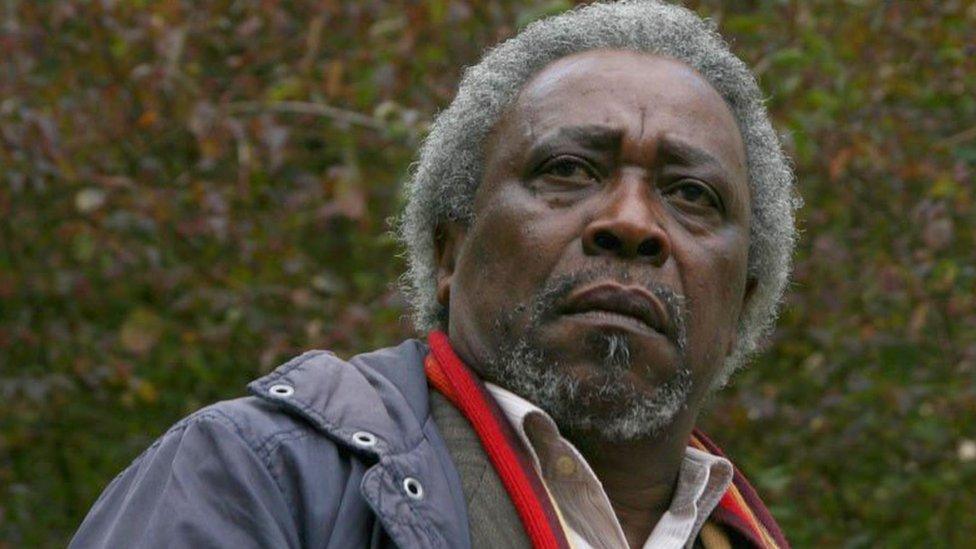
- Published2 May 2023
